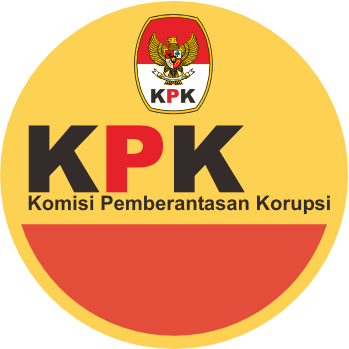
Exactly one year ago, in April 2022, Indonesia finally passed the Law on the Crime of Sexual Violence (UU TPKS). Although the birth of this law is a good thing that has been awaited for a long time, cases of sexual violence cannot fully depend on this regulation. Especially in the context of indigenous peoples who have had difficulty accessing basic services, let alone formal legal services. According to Komnas Perempuan, sexual violence is any act of speech or action by a person to control or manipulate another person and make him or her engage in unwanted sexual activity.
Since 2022, KEMITRAAN together with 10 partners in 7 provinces have provided assistance to indigenous peoples. In this assistance, sexual violence often occurs in indigenous communities and generally ends with the perpetrator giving money or objects as a substitute for “loss” to the victim, which is called the practice of restitution. In-depth discussions conducted by KEMITRAAN and ten sub-partners later revealed that sexual violence that occurs in indigenous communities is the result of long-standing gender-based violence practices in indigenous communities.
Referring to this condition, in 2023 KEMITRAAN then compiled a Working Paper on Justice Space for Indigenous Women from Sexual Violence. This working paper also looks at how the TPKS Law and the Indigenous Peoples Bill, as well as their relationship with the Criminal Code Law. The document analyzes how the three regulations provide protection for indigenous women. This document also received feedback from civil society organizations, academics and policy makers in the form of suggestions, namely the importance of having studies or research results regarding the description of forms of sexual violence from the perspective of indigenous women.
This Working Paper then encouraged KEMITRAAN to carry out Ethnographic Research with LAURA (Anthropology Institute) UGM which was conducted in 3 (three) locations, namely Wangga Meti Village in East Sumba, Malancan Village in the Mentawai Islands, and the Benteng Chinese Ethnic community in Tangerang. The results of this research were disseminated on March 7, 2024 to coincide with the commemoration of World Women’s Day. More than 100 participants attended both online and offline in this research dissemination.
The event was opened by Woro Srihastuti Sulistyaningrum as the Deputy for Coordination of Improving the Quality of Children, Women, and Youth of the National Development Planning Agency (Bappenas). In her statement, she said that regulations currently exist but none specifically regulate sexual violence in indigenous communities.
“It is necessary to harmonize culture, customs, traditions, with national laws. It is hoped that the results of this research can later be drawn into policy recommendations,” she added.
This dissemination presented a number of speakers including Suhaeni as Assistant Deputy for Fulfillment of Children’s Rights to Care and Environment of KemenPPPA, Qurrota A’yun as Director of KPAPO Bappenas, Muhammad Zamzam Fauzanafi as Chief Researcher of LAURA UGM, and Yasir Sani as Program Manager of KEMITRAAN.
The speakers presented their views on how to provide protection for indigenous women, especially for indigenous women who are still children. Ayyun stated that many cases are not recorded and reported, so it is necessary to raise awareness to victims who are often unaware. So that this becomes an important note together and becomes a common challenge to build awareness and integrated reporting system services. This is part of the government agencies to provide a safe protection space for victims of sexual violence in indigenous communities.
The same thing was conveyed by Zamzam. In this research recommendation, the LAURA UGM team recommended the importance of convergence between customary law and positive law in dealing with sexual violence in indigenous communities.
Meanwhile, Yasir Sani as Program Manager of KEMITRAAN stated that customary law is dynamic so it needs to provide protection and justice for victims. Thus it does not overlap with the existing formal law.
This research also looked at the different characteristics of ‘customary law’, geographical conditions, and the status of women in each community. These differences in characteristics were then used as a comparison to find differences in the ethnographic semantics and sense experience of indigenous peoples regarding sexual violence and the socio-cultural relations that surround it.
Some important conclusions derived from the results of this research are that indigenous peoples with customary structures already have their own different views or knowledge systems regarding sexual violence which are embodied in their local terms or language which in detail describe various actions categorized as sexual violence. Secondly, one of the causes of the above conditions is differences in socio-cultural systems which then have an impact on the formation of social hierarchies and power imbalances. And third, providing justice to victims still centers on marriage law and customary fines which do not provide a deterrent effect for perpetrators.
It is hoped that these three important findings will be continued by KEMITRAAN to become a position paper or recommendation paper for policy makers. Therefore, it is important to disseminate the findings of this research to sharpen KEMITRAAN’s recommendations in an effort to create a safe space for indigenous women from sexual violence.






